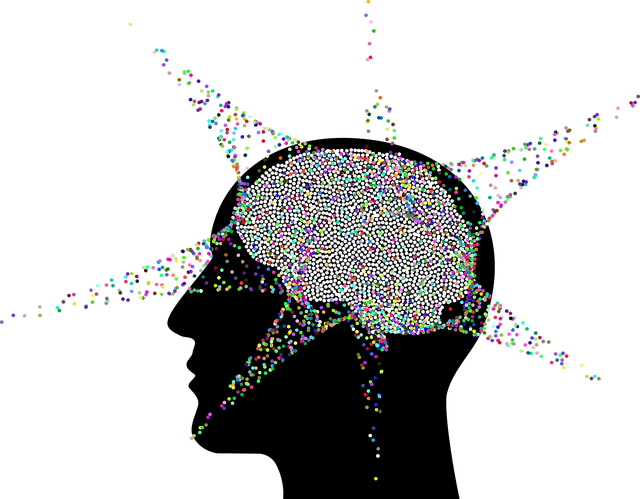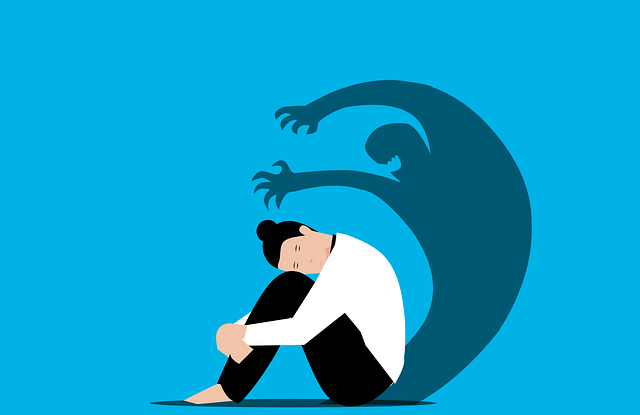Stress from life transitions like divorce can significantly impact well-being, leading to health issues if unaddressed. Aurora Divorce Therapy offers a holistic approach, focusing on mental health education and stress reduction techniques to foster resilience. Their method includes personalized treatment plans incorporating mindfulness, compassion cultivation, crisis intervention, and self-care tools. By developing lasting coping skills and building resilience, clients not only manage immediate divorce stress but also enhance their overall quality of life, preventing future mental health issues.
Stress reduction is a vital component of overall well-being, especially in today’s fast-paced world. This article explores various methods to combat stress, from understanding its profound impact on mental and physical health to examining unique approaches like Aurora Divorce Therapy, which offers a holistic perspective.
We’ll guide you through practical daily techniques and delve into building resilience for long-term coping strategies. Discover how these methods can transform your life, promoting balance and tranquility in even the busiest of times, with a focus on the innovative practices of Aurora Divorce Therapy.
- Understanding Stress and Its Impact
- Aurora Divorce Therapy: A Holistic Approach
- Practical Techniques for Daily Stress Reduction
- Building Resilience and Long-Term Coping Strategies
Understanding Stress and Its Impact

Stress is a complex emotional response to various life challenges and demands, and it can significantly impact an individual’s overall well-being. At its core, stress triggers the body’s fight or flight response, preparing us for potential threats. However, when left unmanageable, chronic stress can lead to numerous health issues, affecting both physical and mental health. It may manifest as anxiety, depression, insomnia, or even contribute to more serious conditions like heart disease and high blood pressure. Recognizing the signs of stress is crucial, as it enables individuals to seek effective solutions before it takes a toll on their lives.
For those dealing with challenging life situations, such as divorce or major transitions, Aurora Divorce Therapy offers valuable resources. They provide mental health education programs designed to empower individuals with stress reduction methods and mind over matter principles. By understanding the impact of stress and learning proven strategies, folks can navigate these turbulent times with resilience, fostering a healthier and more balanced lifestyle.
Aurora Divorce Therapy: A Holistic Approach

Aurora Divorce Therapy offers a holistic approach to managing and reducing stress during one of life’s most challenging periods—divorce. This method goes beyond traditional therapy by incorporating various practices tailored to address the emotional, mental, and even physical aspects of the individual’s well-being. The process begins with a thorough assessment to understand each person’s unique stressors and triggers related to their divorce. From there, therapists develop personalized treatment plans that may include mindfulness techniques, compassion cultivation practices, and crisis intervention guidance to help clients manage anxiety and depression effectively.
The therapy also emphasizes the importance of self-care and provides tools for maintaining mental wellness during this turbulent time. Through Mental Wellness Coaching Programs Development, individuals learn strategies to navigate their emotions, improve communication skills, and cultivate resilience. This comprehensive approach ensures that clients not only cope with immediate divorce-related stress but also develop long-lasting coping mechanisms to enhance their overall quality of life.
Practical Techniques for Daily Stress Reduction

In the hustle and bustle of daily life, stress can often feel overwhelming, but there are practical techniques to reduce its impact and promote well-being. Simple yet effective practices like mindfulness meditation and deep breathing exercises help calm the mind and body, offering a moment of respite from stressful thoughts. Incorporating these moments into your routine, especially during challenging times or when feeling overwhelmed, can significantly contribute to stress reduction.
Additionally, engaging in regular physical activity and prioritizing quality sleep are essential components of managing stress. Aurora Divorce Therapy emphasizes the importance of these habits for fostering resilience and coping skills development. By nurturing your body through movement and rest, you enhance your ability to navigate life’s challenges with inner strength, thereby preventing depression and promoting a healthier mental state.
Building Resilience and Long-Term Coping Strategies

Building resilience is a key component of effective stress reduction, offering individuals the ability to adapt and cope with life’s challenges over the long term. Aurora Divorce Therapy emphasizes the importance of developing coping skills that go beyond temporary fixes. Through various therapeutic techniques, clients learn to navigate difficult situations with increased emotional fortitude. This involves identifying personal strengths, cultivating positive thinking patterns, and mastering mood management strategies.
By integrating these skills into daily life, individuals can create a robust framework for managing stress effectively. The ultimate goal is not just to survive stressful periods but to thrive amidst them. Coping Skills Development becomes a lifelong journey, empowering people to face future challenges head-on with enhanced resilience and a more optimistic outlook.
In navigating life’s stressors, adopting a holistic approach like Aurora Divorce Therapy can significantly enhance well-being. By understanding stress, employing practical techniques daily, and building resilience, individuals can effectively manage challenges. This comprehensive strategy, including methods like mindfulness, healthy communication, and emotional support, empowers people to lead more balanced and fulfilling lives, ultimately reducing the impact of stress over time.









